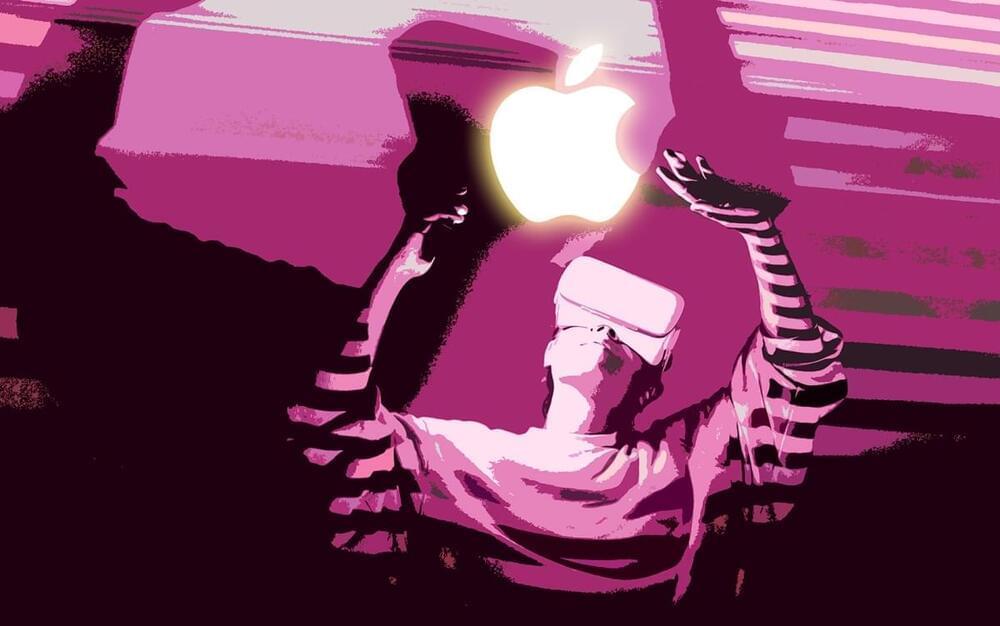On Monday, Apple is more than likely going to reveal its long-awaited augmented or mixed reality Reality Pro headset during the keynote of its annual WWDC developer conference in California. It’s an announcement that has been tipped or teased for years now, and reporting on the topic has suggested that at various times, the project has been subject to delays, internal skepticism and debate, technical challenges and more. Leaving anything within Apple’s sphere of influence aside, the world’s overall attitude toward AR and VR has shifted considerably — from optimism, to skepticism.
Part of that trajectory is just the natural progression of any major tech hype cycle, and you could easily argue that the time to make the most significant impact in any such cycle is after the spike of undue optimism and energy has subsided. But in the case of AR and VR, we’ve actually already seen some of the tech giants with the deepest pockets take their best shots and come up wanting — not for lack of trying, but because of limitations in terms of what’s possible even at the bleeding edge of available tech. Some of those limits might actually be endemic to AR and VR, too, because of variances in the human side of the equation required to make mixed reality magic happen.
The virtual elephant in the room is, of course, Meta. The name itself pretty much sums up the situation: Facebook founder Mark Zuckerberg read a bad book and decided that VR was the inevitable end state of human endeavor — the mobile moment he essentially missed out on, but even bigger and better. Zuckerberg grew enamored by his delusion, first acquiring crowdfunded VR darling Oculus, then eventually commandeering the sobriquet for a shared virtual universe from the dystopian predictions of a better book and renaming all of Facebook after it.
